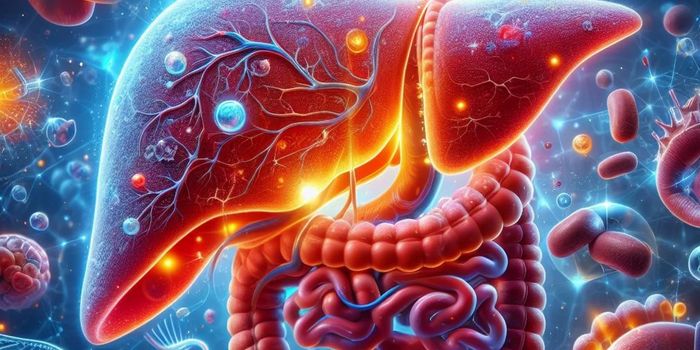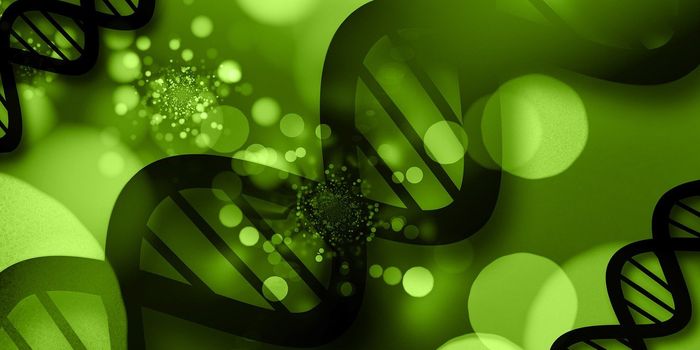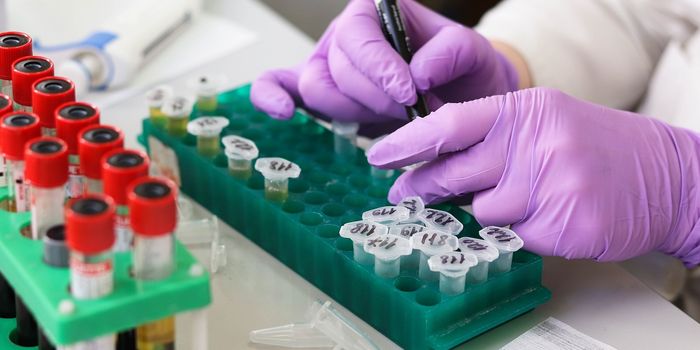Rogue Inflammation Activates Depression During Pregnancy
Unresolved inflammation in a pregnant woman’s body can lead to serious depression during and after pregnancy. A new study investigates the physiological mechanisms responsible, in hopes that understanding the inner workings of “inflammatory perinatal depression” can help scientists develop effective treatments to alleviate the symptoms.
Inflammation is not an innately negative process in the human body. Inflammation is healthy when it is controlled effectively and resolved appropriately. During pregnancy, inflammation plays a healthy role by creating a barrier between the mother’s immune system and the fetus, ensuring the fetus is not recognized and attacked as a “foreign invader.”
When inflammation is prolonged or excessively intense, inflammation is associated with disease states. In pregnancy, rogue inflammation can contribute to depression for some women. Experts estimate that 20 percent of women experience postpartum depression, and 14 percent experience “suicidal ideation” while pregnant.
"Biologically speaking, pregnancy is a major inflammatory event that can upend many of the body's day-to-day molecular processes,” explained senior author Lena Brundin, MD. “If we can better understand these irregularities, it could lead to new ideas about how best to treat perinatal depression."
With a group of participants including both pregnancy-related depression and healthy controls, Brundin and her team analyzed 165 blood samples for inflammatory factors linking immune activity with pregnancy-related depression onset and severity. They observed elevated levels of two inflammatory cytokines, interleukin (IL)-6 and IL-8. On the other hand, they saw reduced levels of IL-2, another cytokine associated with T cell proliferation and anti-cancer properties regulated by cytotoxic immune cells.
Researchers also observed low levels of serotonin, a neurotransmitter known for its role in depression, anxiety, panic, and obsessive compulsions. Selective serotonin reuptake inhibitors (SSRIs) are antidepressant drugs often prescribed to treat these conditions.
An amino acid called tryptophan is necessary for serotonin production, and the kynurenine pathway is responsible for breaking down tryptophan. This pathway is also associated with inflammation. Dysfunction in the kynurenine pathway can lead to dysfunction in the immune system, specifically associated with inflammatory conditions with “neurological aspects.”
As scientists learn more about the physiological mechanisms associated with inflammatory perinatal depression, there is an increasing amount of opportunity to develop therapeutic approaches for resolving inflammation and treating this type of depression.
Sources: Van Andel Research Institute, Brain, Behavior, and Immunity








